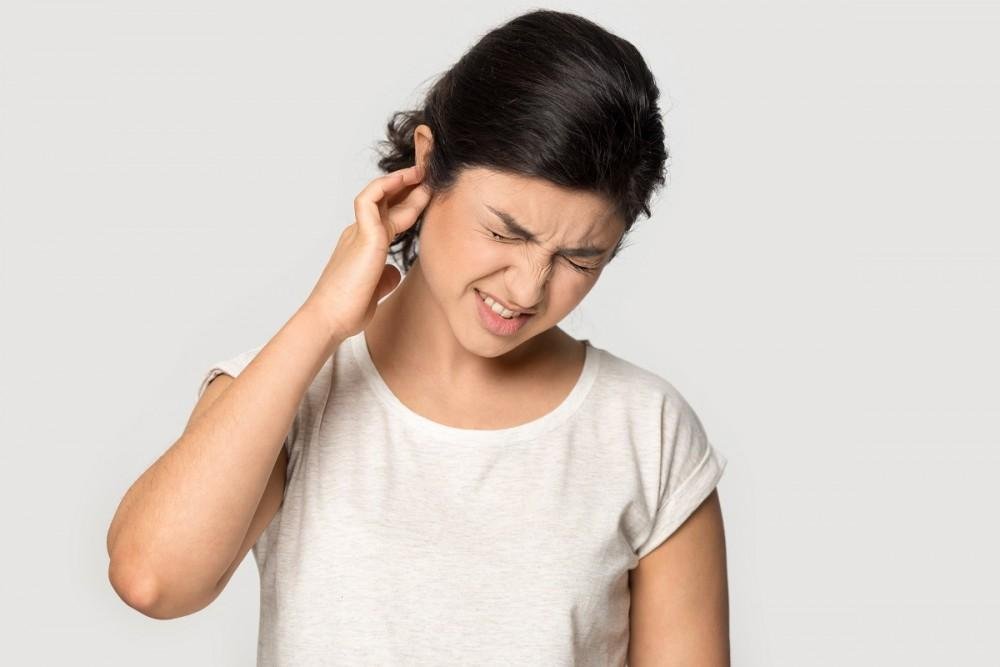Tinnitus is the perception of sound in the ears or head without an external sound source. It is often described as ringing, buzzing, hissing, or whistling. Tinnitus can be constant or intermittent and may vary in intensity

Types of Tinnitus:
- Subjective Tinnitus:
- Most Common Type: Only the person with tinnitus can hear the sound. It is often associated with hearing loss, ear infections, or exposure to loud noises.
- Causes: Age-related hearing loss, noise-induced hearing loss, earwax buildup, and ear infections.
- Objective Tinnitus:
- Less Common: Can be heard by a physician using special instruments. It is usually caused by a physical issue, such as blood vessel abnormalities or muscle contractions.
- Causes: Blood vessel disorders, muscle spasms in the middle ear, or issues with the Eustachian tube.
Causes of Tinnitus:
- Hearing Loss:
- Age-related hearing loss (presbycusis).
- Noise-induced hearing loss from exposure to loud sounds.
- Ear Conditions:
- Ear infections.
- Earwax buildup.
- Meniere’s disease (inner ear disorder).
- Otosclerosis (abnormal bone growth in the middle ear).
- Medical Conditions:
- High blood pressure.
- Diabetes.
- Thyroid disorders.
- Temporomandibular joint (TMJ) disorders.
- Medications:
- Certain medications, especially those that are ototoxic (harmful to the ears), such as high doses of aspirin, certain antibiotics, and chemotherapy drugs.
- Exposure to Loud Noises:
- Prolonged exposure to loud music, machinery, or other noise sources.
- Stress and Anxiety:
- Emotional stress and anxiety can exacerbate tinnitus.
Symptoms:
- Sound Perception: Ringing, buzzing, hissing, or whistling in the ears.
- Variation: Sounds may be continuous or intermittent, and can vary in pitch and volume.
- Impact on Daily Life: Can interfere with concentration, sleep, and overall quality of life.
Diagnosis:
- Medical History and Physical Examination:
- Discussing the onset, duration, and characteristics of the tinnitus, along with any associated symptoms or medical conditions.
- Hearing Tests:
- Audiometry: To assess hearing loss and evaluate the relationship between tinnitus and hearing impairment.
- Imaging:
- CT or MRI Scans: To rule out structural abnormalities or tumors, particularly if the tinnitus is unilateral (affecting one ear) or associated with other neurological symptoms.
- Additional Tests:
- Blood Tests: To check for underlying health conditions that may contribute to tinnitus.
Homeopathy for Tinnitus:
Some homeopathic remedies that might be considered include:
- Chininum Sulphuricum: For tinnitus with a sensation of fullness or pressure in the ears.
- Salicylicum Acidum: For tinnitus associated with hearing loss and a feeling of blocked ears.
- Cinchona: For tinnitus with a feeling of emptiness or weakness.
- Natrum Salicylicum: For tinnitus with ringing and associated with ear infections or loud noise exposure.

